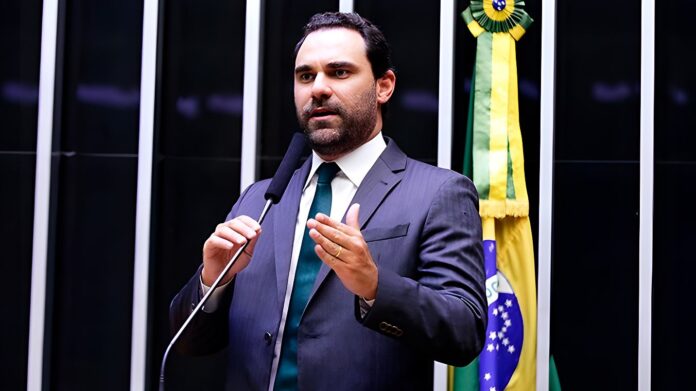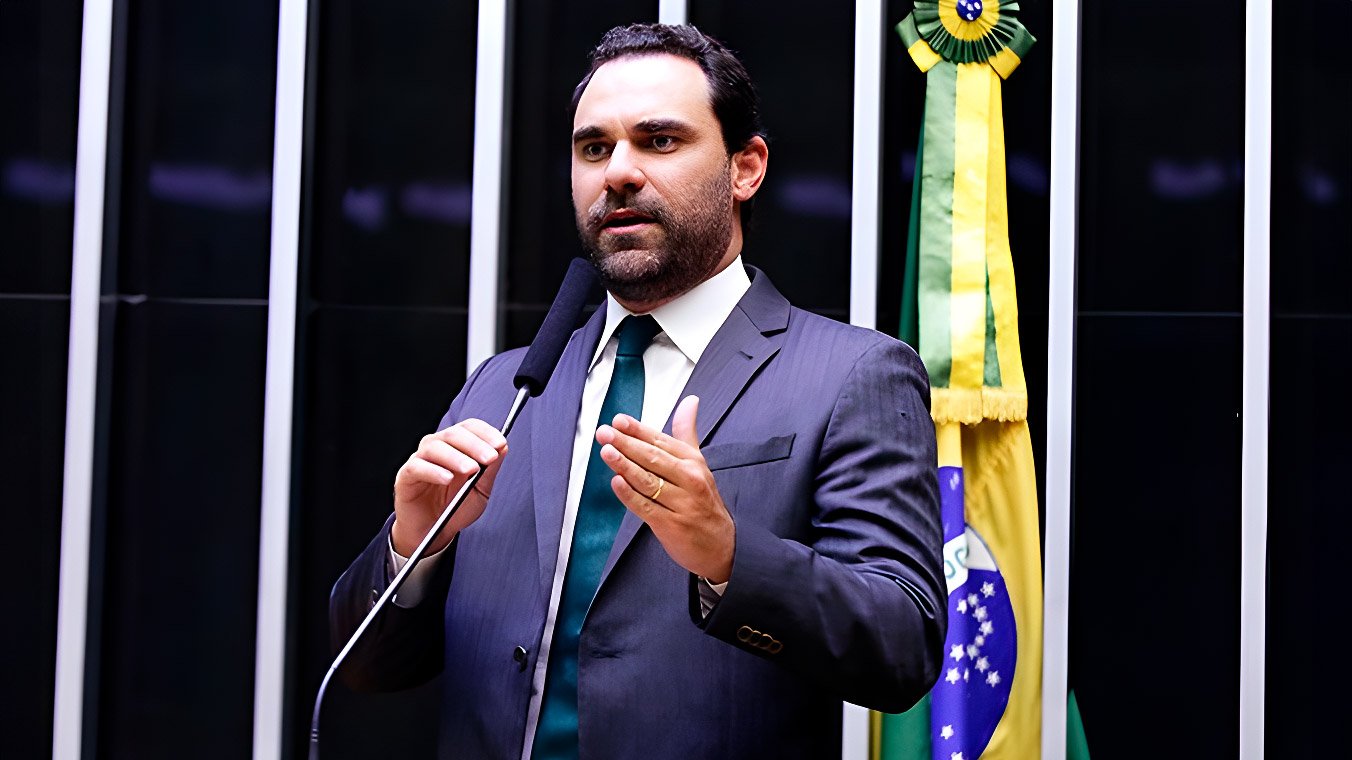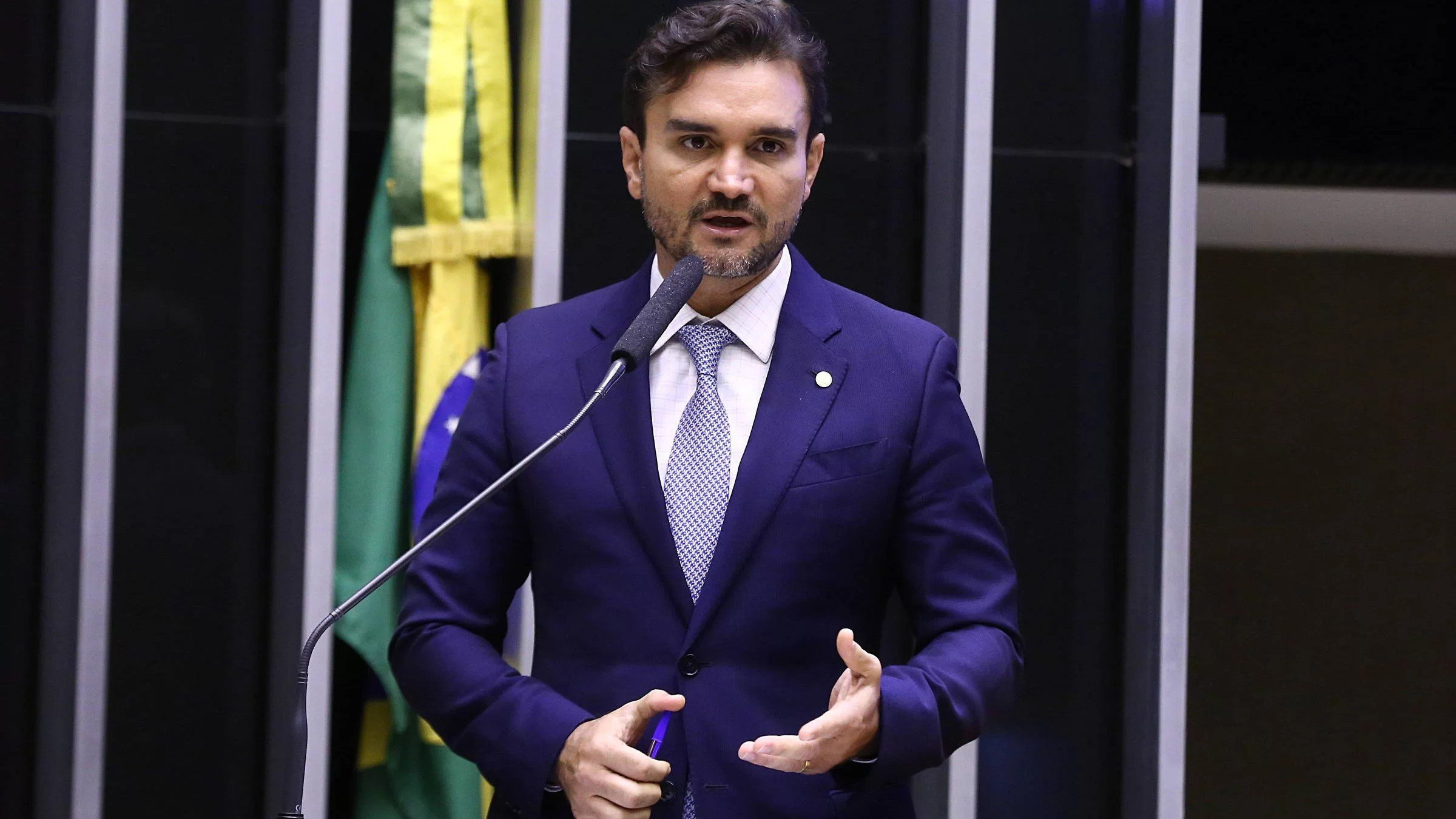The Chamber of Deputies of the Brazilian Congress approved yesterday, September 13, the draft text of Bill 3626/23, which regulates sports betting. Among the main changes introduced, it is established that the regulation will also include both other online games and virtual casinos, taxing the income of betting companies, and prizes to winners, and will also create an initial subsidy to authorize websites to operate legally.
One of the most commented points in the discussions among the different actors of the sector was the tax on the income of betting sites which, despite the intention of the speaker Adolfo Viana to lower it, will remain at 18%. The initial rate to authorize the operation of the sites will be BRL 30 million (about USD 6 million), and they will be able to operate for 3 years. Prizes for individuals will be taxed at 30%, including the initial investment, as well as profits.
One of the most discussed points among the different players in the sector was the tax on the income of betting sites, which, despite the intention of the speaker Adolfo Viana to lower it, will remain at 18%. The initial rate to authorize the operation of the sites will be BRL 30 million (about $6 million), and they will be able to operate for 3 years. Prizes for individuals will be taxed at 30%, including the initial investment, as well as profits.
Adolfo Viana, rapporteur of the Bill
The bill, which will now be analyzed by the Senate, will also establish a new distribution of revenues, payment of fees, requirements, and restrictions, with respect to what was presented by the government with the July Provisional Measure.
The distribution of revenues collected among governmental areas is modified. Social Security will drastically reduce its percentage, dropping from 10% to 2%; while the Ministry of Sports will increase from 3% to 4%.
The distribution among the ministries was of vital importance for the approval of the text, since Lula da Silva’s government obtained the support of the Centrão parliamentary bloc by giving the Ministry of Sports to Congressman Silvio Costa Filho (Republicanos-PE), who belongs to that sector. Likewise, Tourism, headed by another deputy of the Conservative party, Celso Sabino, will also be included in the distribution of funds, as requested by the minister himself.
Celso Sabino, Minister of Tourism
In summary, in the text approved by Deputies, the money collected with the tax on corporate income, the so-called GGR (Gross Gaming Revenue), will be divided as follows: 2% for Social Security; 1.82% for the Ministry of Education; 6.63% for the sports sector (4% for the Ministry of Sports and the rest for the sports confederations, except for the CBF); 5% for tourism (4% for the Ministry of Tourism and 1% for Embratur); and 2.55% for the National Public Security Fund.
Another point established by the bill also stipulates that betting companies must be registered in Brazil. “Only legal entities incorporated in accordance with Brazilian law, with headquarters and administration in the national territory, which meet the requirements of the regulation issued by the Ministry of Finance, may obtain authorization to operate fixed odds betting,” the text reads.
Regarding limitations, the following persons are prohibited from betting: minors under eighteen years of age; betting shop owners, administrators, directors, persons with significant influence, managers or employees; public agents with functions directly related to the regulation, control, and supervision of the activity at the federal level in which they exercise their powers; any person who has or may have access to computerized fixed odds lottery systems; any person who has or may have any influence on the outcome of an actual sporting event that is the subject of a fixed odds betting lottery, including coaches, athletes and referees.
















